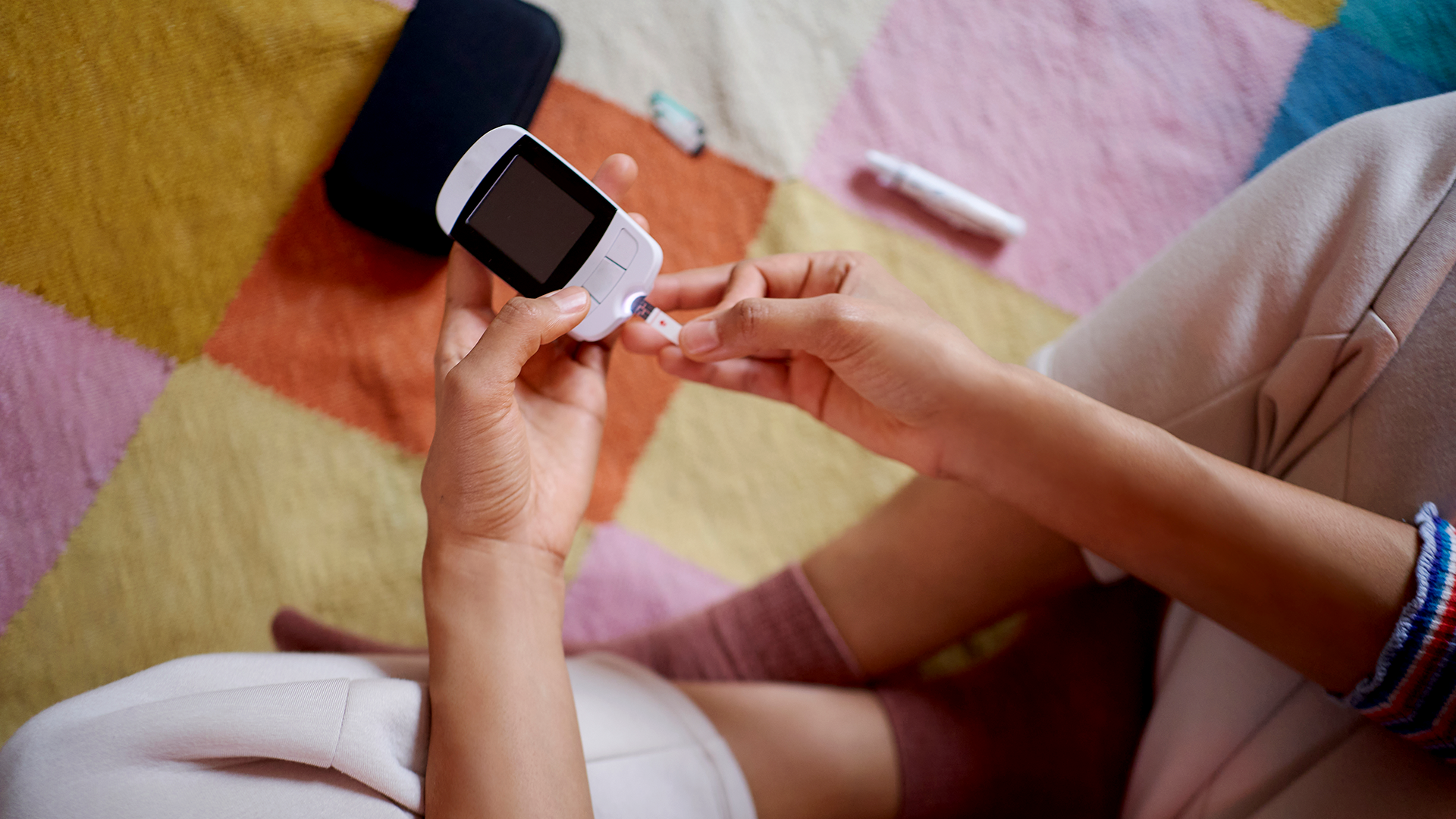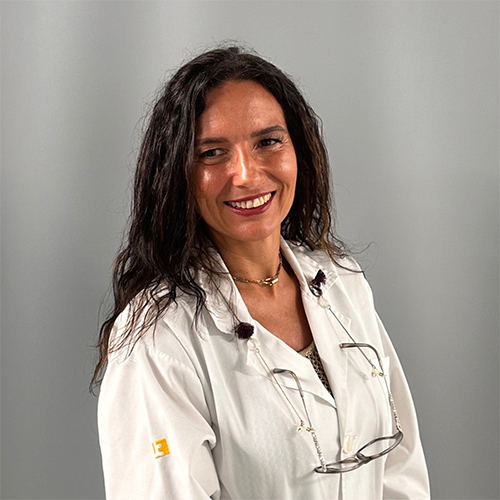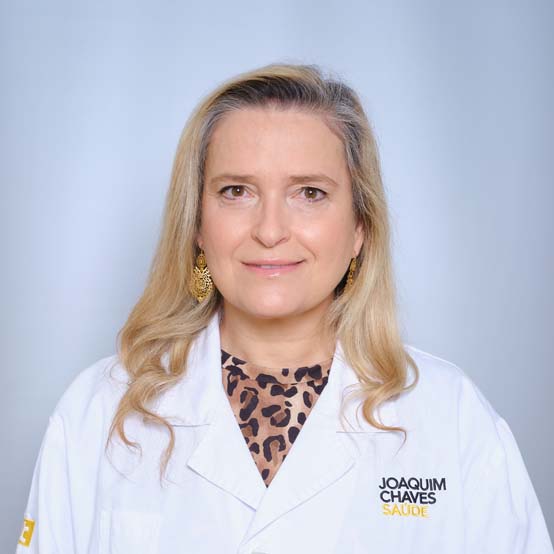What are the symptoms of diabetes?
The symptoms of type 1 diabetes normally begin abruptly and drastically, while the symptoms of type 2 diabetes are more silent and subtle. People with this type of diabetes may go for years or decades without displaying any sign of the disease. Therefore, it is essential to carry out routine tests rather than wait for the disease to present symptoms to seek medical assistance, especially people with a family history of diabetes.
However, it is possible to note some symptoms of diabetes, associated with the consequences of hyperglycaemia. Blurry vision, dry mouth, extreme thirst and excessive perspiration, are some warning signs. Fatigue or lack of stamina during physical activity, frequent urination, increased appetite, numbness and tingling in hands and feet, are other symptoms, as well as wounds healing slowly, recurrent infections, and breath smelling fruity or of acetone.
What causes diabetes?
Type 1 diabetes occurs when the body itself destroys insulin-producing cells, causing glucose buildup in the blood. On the other hand, type 2 diabetes appears when the body does not respond to insulin properly. The causes are not yet fully known, but experts believe that diabetes may be related to a combination of genetic factors and environmental conditions, such as pancreatic or endocrine diseases, family history, and even age and gender – women over the age of 45 are more susceptible. Furthermore, high blood pressure, obesity, sleep deprivation, sedentary lifestyle and smoking are additional factors, as well as unhealthy eating habits.
How is diabetes diagnosed?
Diabetes is diagnosed by measuring the blood glucose level. The test can be carried out due to the occurrence of one of the symptoms described above or as a preventative measure in people who do not present symptoms, but are at risk of developing diabetes. The blood glucose level can be measured in the following ways:
Fasting blood glucose measurement
This is the simplest and most common test, which consists of analysing a sample of the patient’s blood. If two fasting blood glucose values above 126 mg/dL are obtained, or just one very high value, the diabetes diagnosis is confirmed.
Oral glucose tolerance test
This test is considered the most accurate way to detect diabetes. In this case, two glycaemia measurements are taken: after a period of fasting and two hours after drinking a 75 gr glucose solution. If the value obtained is over 200 mg/dl, the diabetes diagnosis is confirmed.
Diabetes treatment
Diabetes treatments vary according to the type of disease. Type 1 diabetics must necessarily administer insulin several times a day, subcutaneously, and monitor their glycaemia levels regularly. On the other hand, type 2 diabetics take oral diabetes medication, although adopting a healthy lifestyle is often enough to control the disease. However, the physician will prescribe the best treatment for each case and may combine therapies to obtain a more effective outcome.
In addition to medical intervention and medication, there are some individual habits that are part of diabetes treatment and are important to maintain throughout the patient’s life, regardless of the type of diabetes. Diabetics should maintain a healthy and balanced diet, avoiding carbohydrates and processed foods, preferring fibre consumption. A nutritionist should create a suitable eating plan for each patient, adapted to specific nutritional needs.
It is also important to exercise, as properly prescribed by a professional, to control body weight and improve glycaemia levels. Because physical exercise can help decrease blood sugar levels, diabetics should receive instructions on measures to take before and after exercising, such as eating a light snack or adjusting the insulin dose. However, these precautions should always be advised by your physician to ensure they are adapted to your needs.
Joaquim Chaves Saúde in the fight against diabetes
Diabetes is a complex disease that involves a multidisciplinary approach to be successfully controlled and thus restore the patient’s quality of life. This is why at Joaquim Chaves Saúde you can count on the permanent support and accompaniment of our Endocrinology team, as well as several other specialties, like General Practice and Family Medicine, Internal Medicine, Ophthalmology, Cardiology, Vascular Surgery and Nephrology, which are necessary to prevent complications.
Take preventive diabetes tests and measure your glycaemia regularly in routine tests. People can have diabetes and not know it. Although there is no cure, you can count on Joaquim Chaves Saúde for medical assistance to help you control diabetes and lead a nearly normal life. Schedule your appointment now.





